In the ever-evolving world of piping systems, HDPE Pipe stands as an innovative and reliable choice for a wide range of applications. This article aims to provide a comprehensive introduction to HDPE Pipe, highlighting its unique properties, benefits, and applications.
I. Introduction to HDPE Pipe
HDPE Pipe, or High-Density Polyethylene Pipe, is a thermoplastic pipe made from high-density polyethylene (HDPE) resin. Its unique material properties and manufacturing process make it an excellent choice for various piping needs. HDPE Pipe is lightweight, yet highly durable and resistant to corrosion, making it suitable for both indoor and outdoor applications.
II. Key Features and Benefits of HDPE Pipe
- Durability: HDPE Pipe is renowned for its exceptional durability and longevity. It is resistant to wear and tear, even under harsh conditions such as high temperatures and pressures. This ensures a long service life and reduced maintenance costs.
- Corrosion Resistance: Unlike metal pipes, HDPE Pipe is impervious to corrosion from chemicals, acids, and other aggressive substances. This makes it an ideal choice for applications involving the transportation of corrosive fluids.
- Smooth Interior Surface: The smooth interior surface of HDPE Pipe reduces fluid friction and pressure loss, resulting in more efficient fluid flow. This helps to minimize energy consumption and operating costs.
- Ease of Installation: HDPE Pipe is lightweight and flexible, making it easy to handle and install. It can be easily joined using fusion welding or mechanical fittings, reducing installation time and labor costs.
- Environmental Friendliness: HDPE Pipe is made from polyethylene, a recyclable material. It also has a low carbon footprint and does not release harmful substances into the environment during its production or use.
III. Applications of HDPE Pipe
HDPE Pipe finds widespread applications in various industries and sectors. Some of the key applications include:
- Water Supply and Distribution: HDPE Pipe is widely used in water supply and distribution systems due to its corrosion resistance and smooth flow characteristics. It ensures reliable delivery of clean, safe water to homes and businesses.
- Drainage and Sewage Systems: HDPE Pipe is also suitable for drainage and sewage systems. Its smooth interior surface prevents clogging and reduces the need for frequent cleaning and maintenance.
- Oil and Gas Transportation: HDPE Pipe is often used in oil and gas pipelines due to its high pressure rating and excellent leak resistance. It ensures safe and efficient transportation of hydrocarbons over long distances.
- Irrigation Systems: In agriculture, HDPE Pipe is used for irrigation systems. Its durability and resistance to corrosion make it suitable for outdoor use in harsh environments.
IV. Conclusion
HDPE Pipe is a versatile and reliable solution for modern piping needs. Its unique properties and benefits make it an excellent choice for a wide range of applications. Whether you’re looking for a durable water supply pipe or a corrosion-resistant oil pipeline, HDPE Pipe offers the perfect solution for your needs.

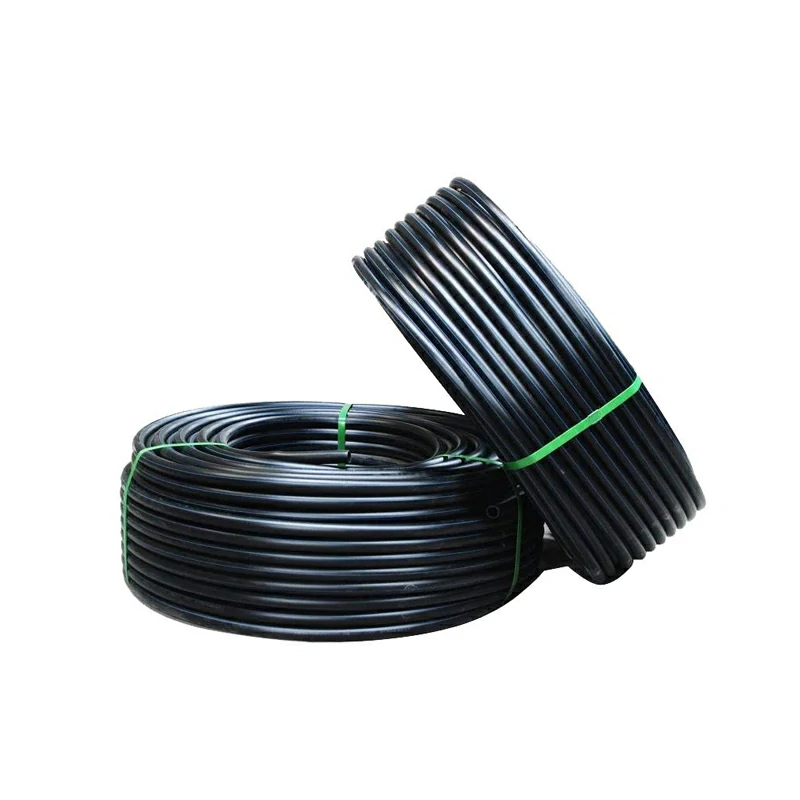
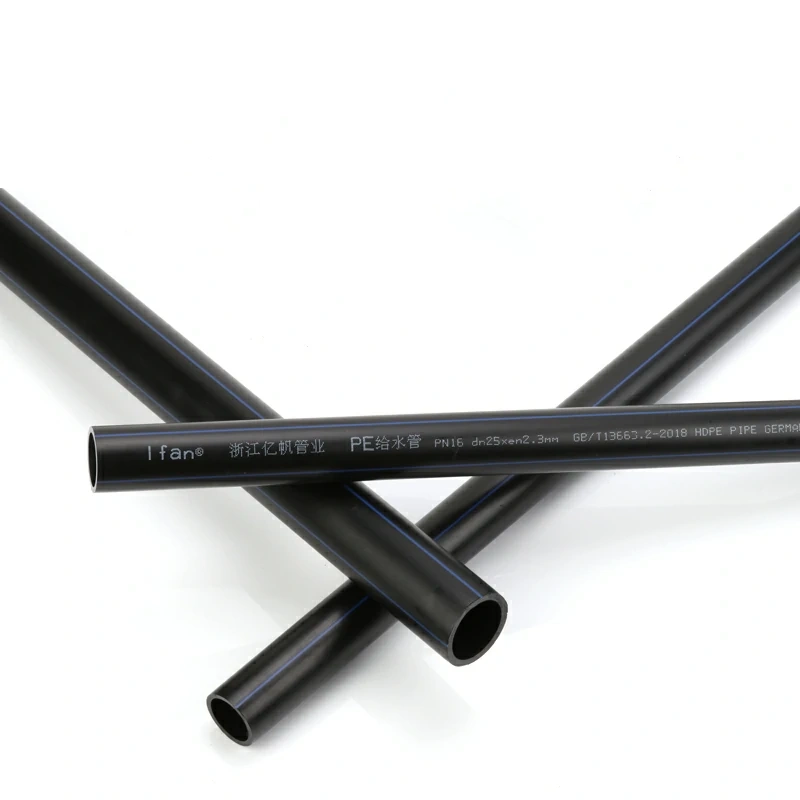
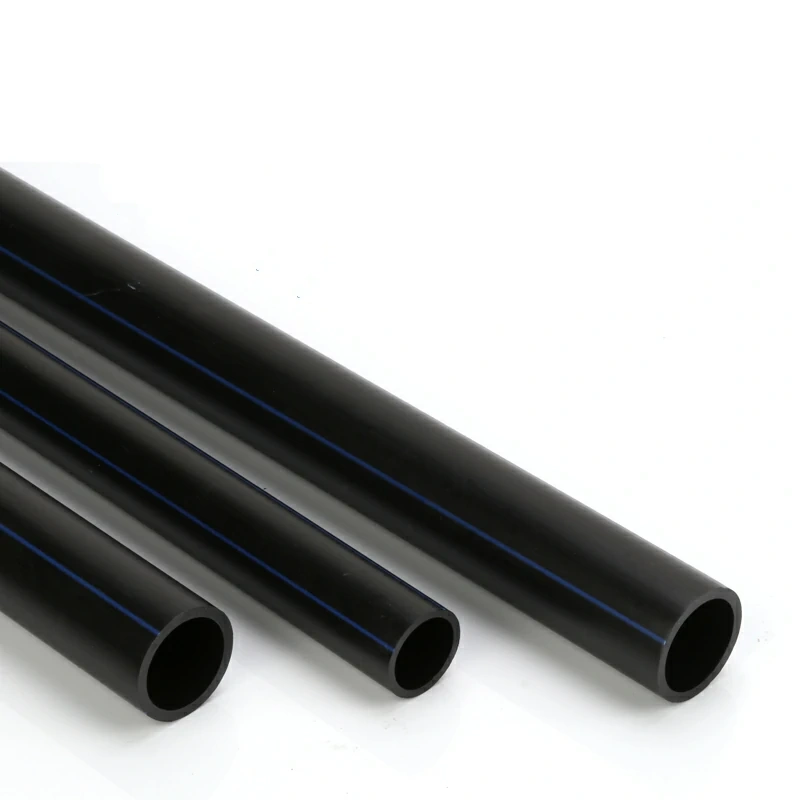
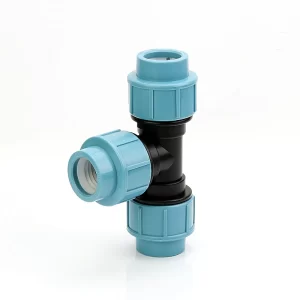
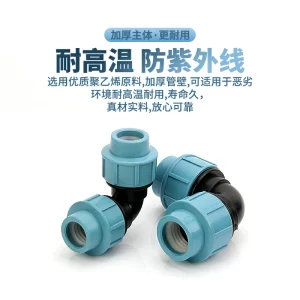
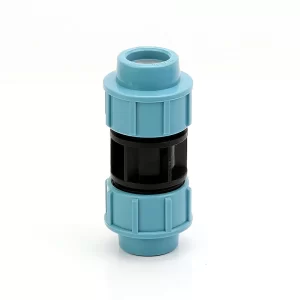
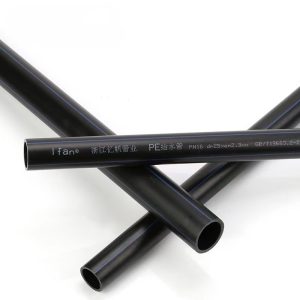
Reviews
There are no reviews yet.